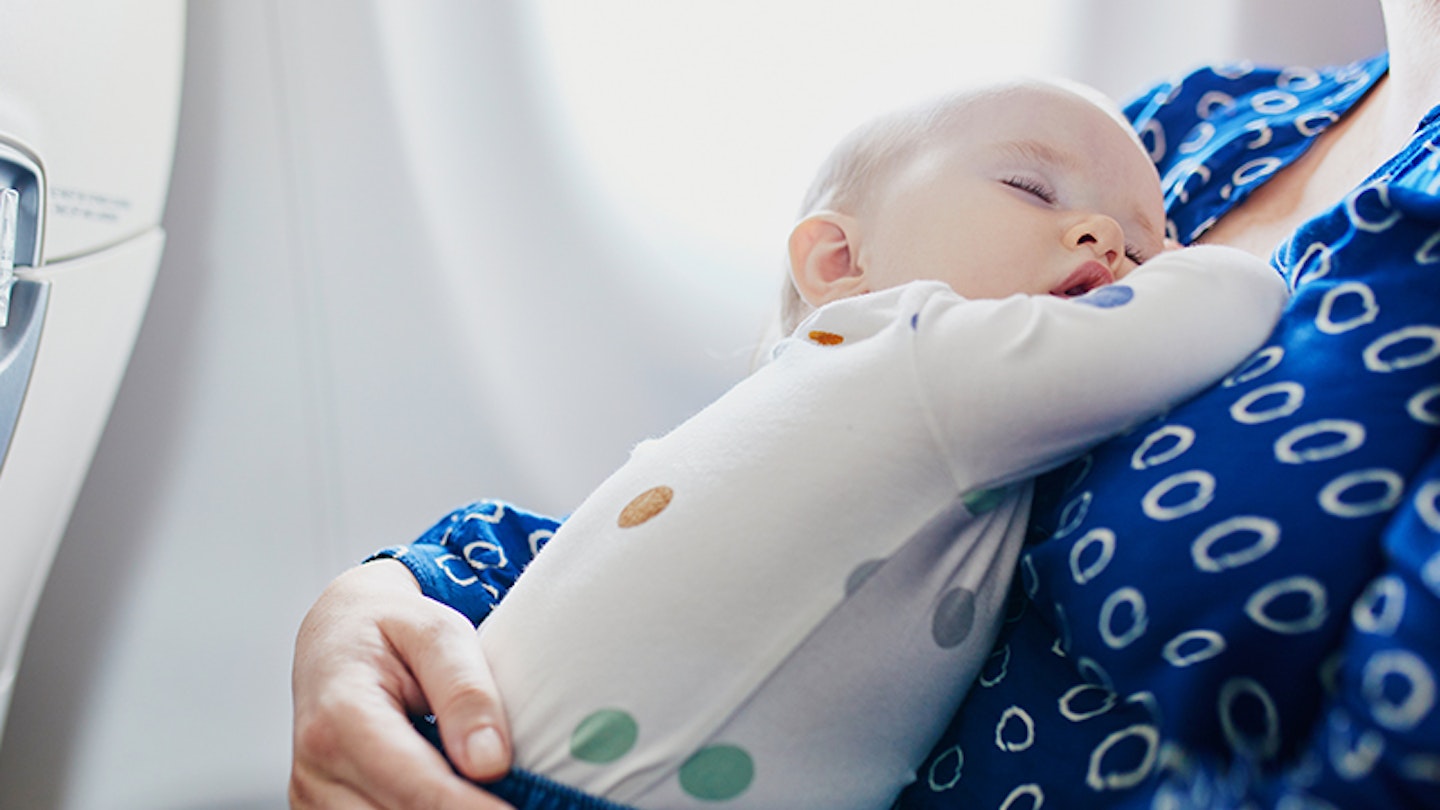Many parents delay flying with their little ones for many reasons, whether its concern over disturbing other people or getting your baby to sleep! It might not always be easy, but there are several ways to encourage your little one to drift off on-board and to help minimise jet-lag once you arrive!
How to get your baby to sleep on an aeroplane
Babies sleep on a plane
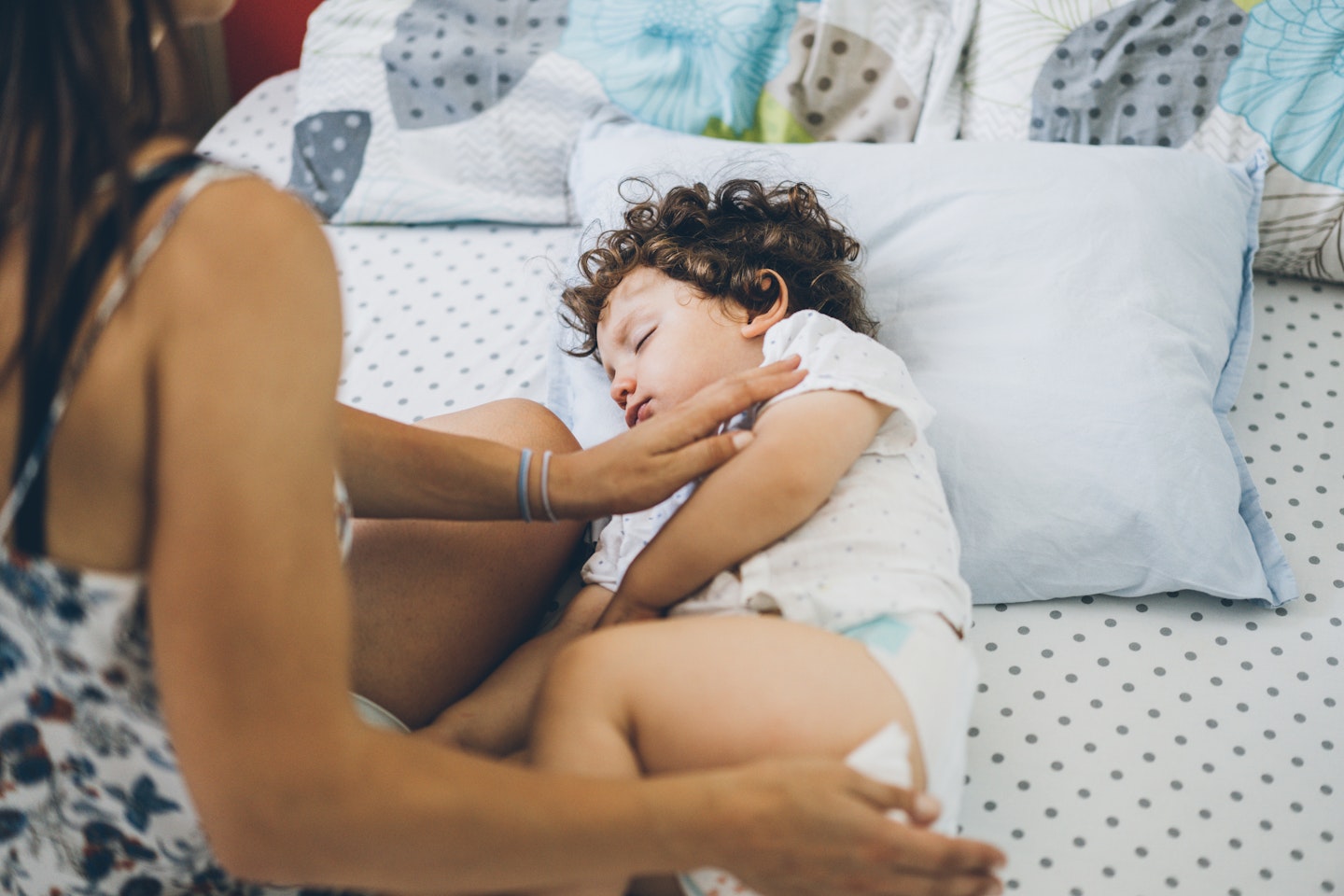 1 of 9
1 of 91) Choose a night flight
If the departure time is particularly late, try and put your baby down for a nap and wake them up just before you leave for the airport. A small rest at home can help reduce the chance of a complete tiredness meltdown at the airport.
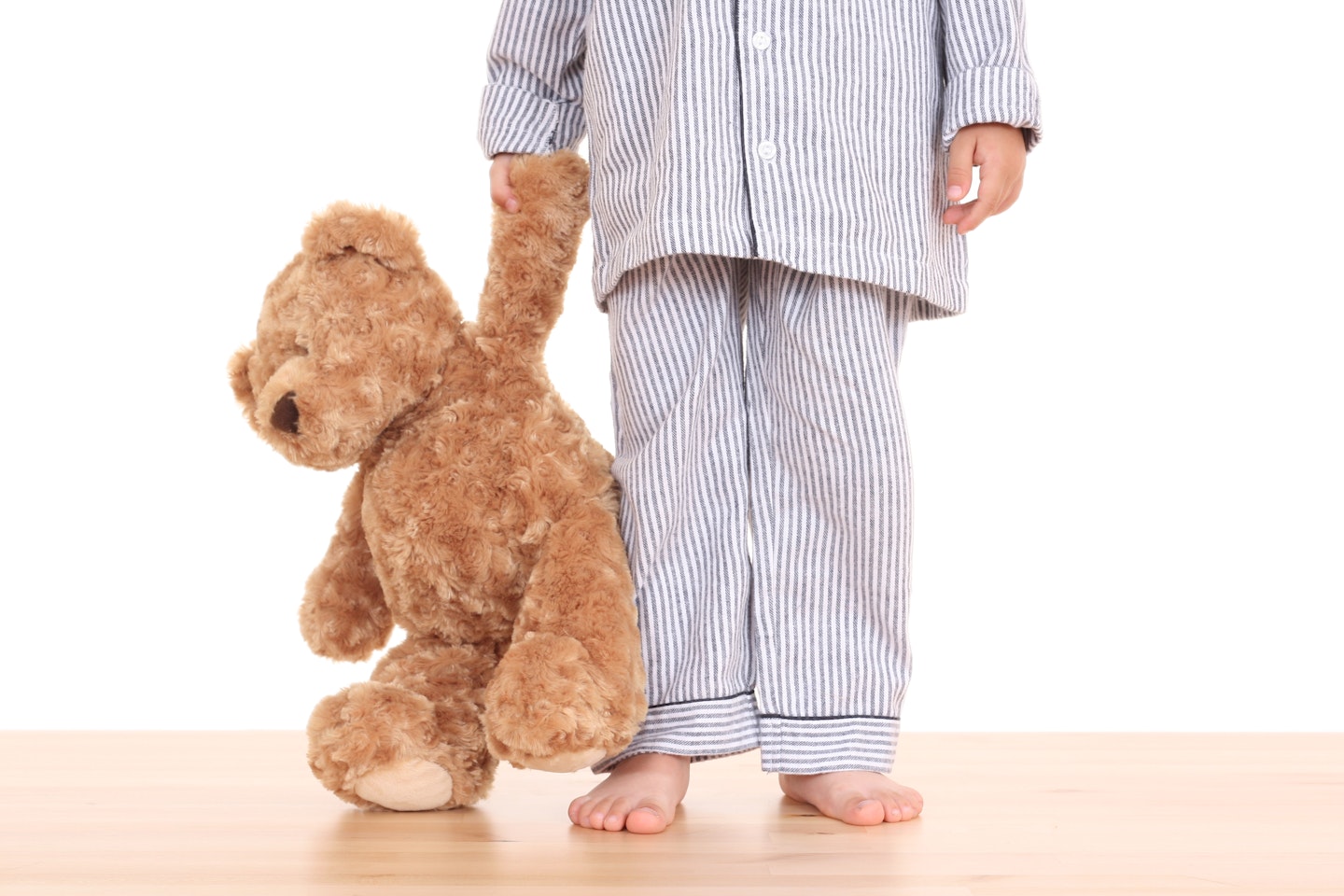 2 of 9
2 of 92) Dress your little one in their pyjamas
Try to keep the bedtime ritual as familiar as possible and dress your little one in their pyjamas or something super comfy. Several layers (which are easy to remove) helps to keep them comfortable with cabin temperature changes.
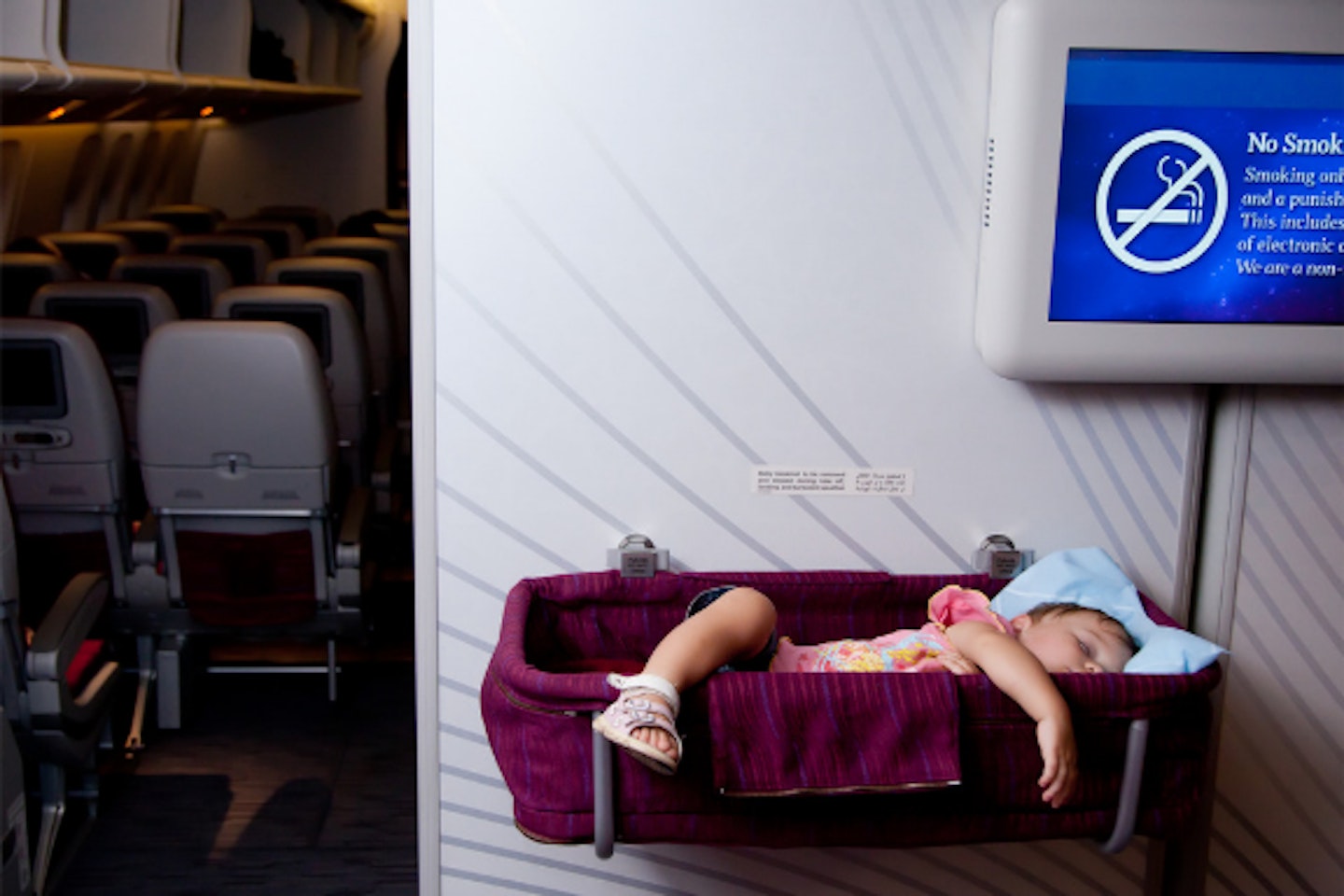 3 of 9
3 of 93) Request a baby bassinet
These are available on most long haul flights but are in limited supply and are located at bulkhead positions. Be aware that height/weight/age restrictions vary from airline to airline. As a very general rule, most are suitable for at least an 8 month old. This handy bassinet chart details over 50 airlines requirements.
 4 of 9
4 of 94) Try to cover light
It might not be easy, but pack a light weight blanket and duct tape to cover the window. Both can help shield your little one from the harsh cabin lights or daylight. The airline blanket can be used to make a tent over a seat for older children too!
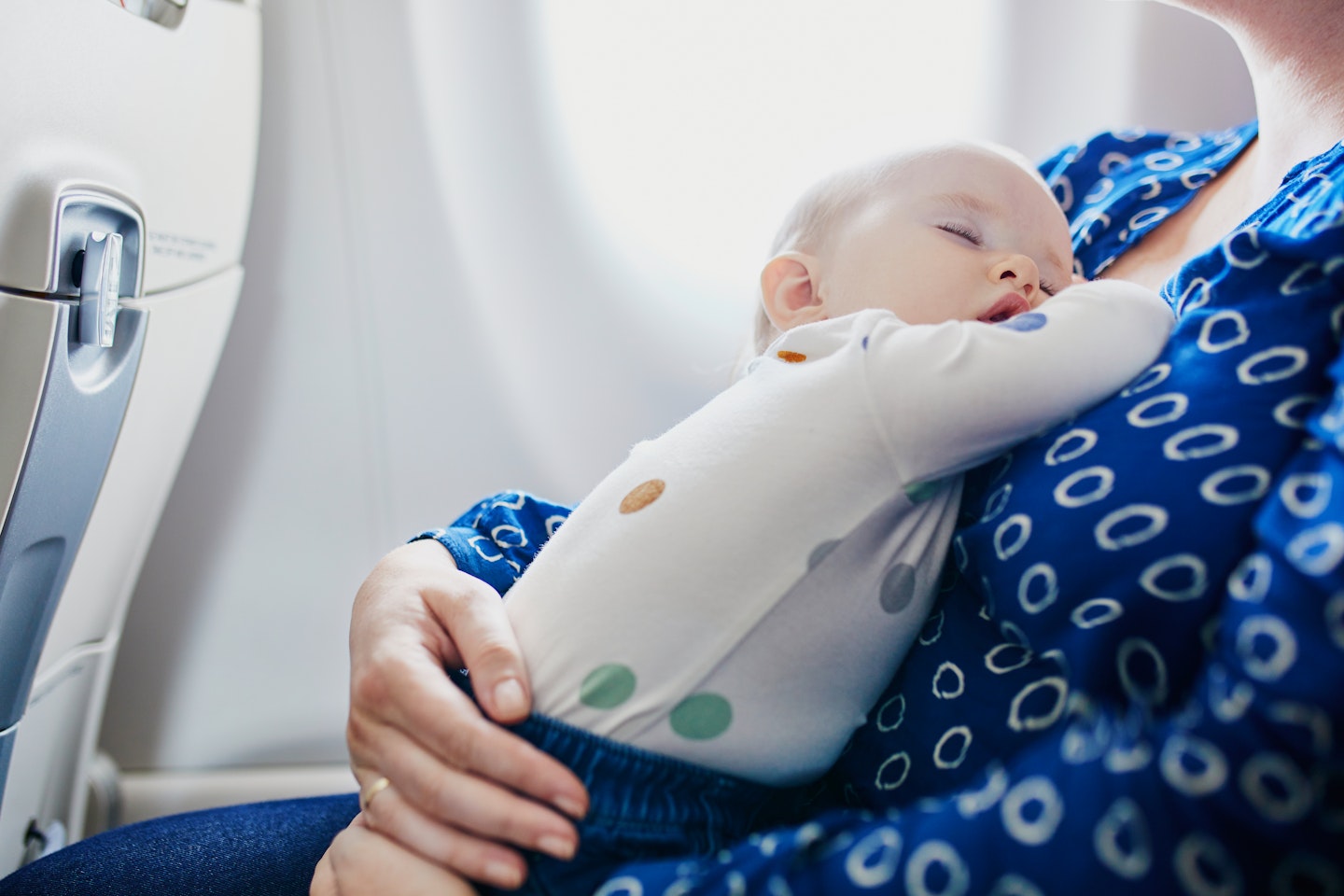 5 of 9
5 of 95) Try rocking your little one
If you have a fidgety baby, try and settle them in your arms first before transferring them to the bassinet.
 6 of 9
6 of 96) Bring familiar items with a scent from home
Whether it's a blanket, favourite toy or even a baby sleep spray, bring something from home with you so your little one has some familiarity.
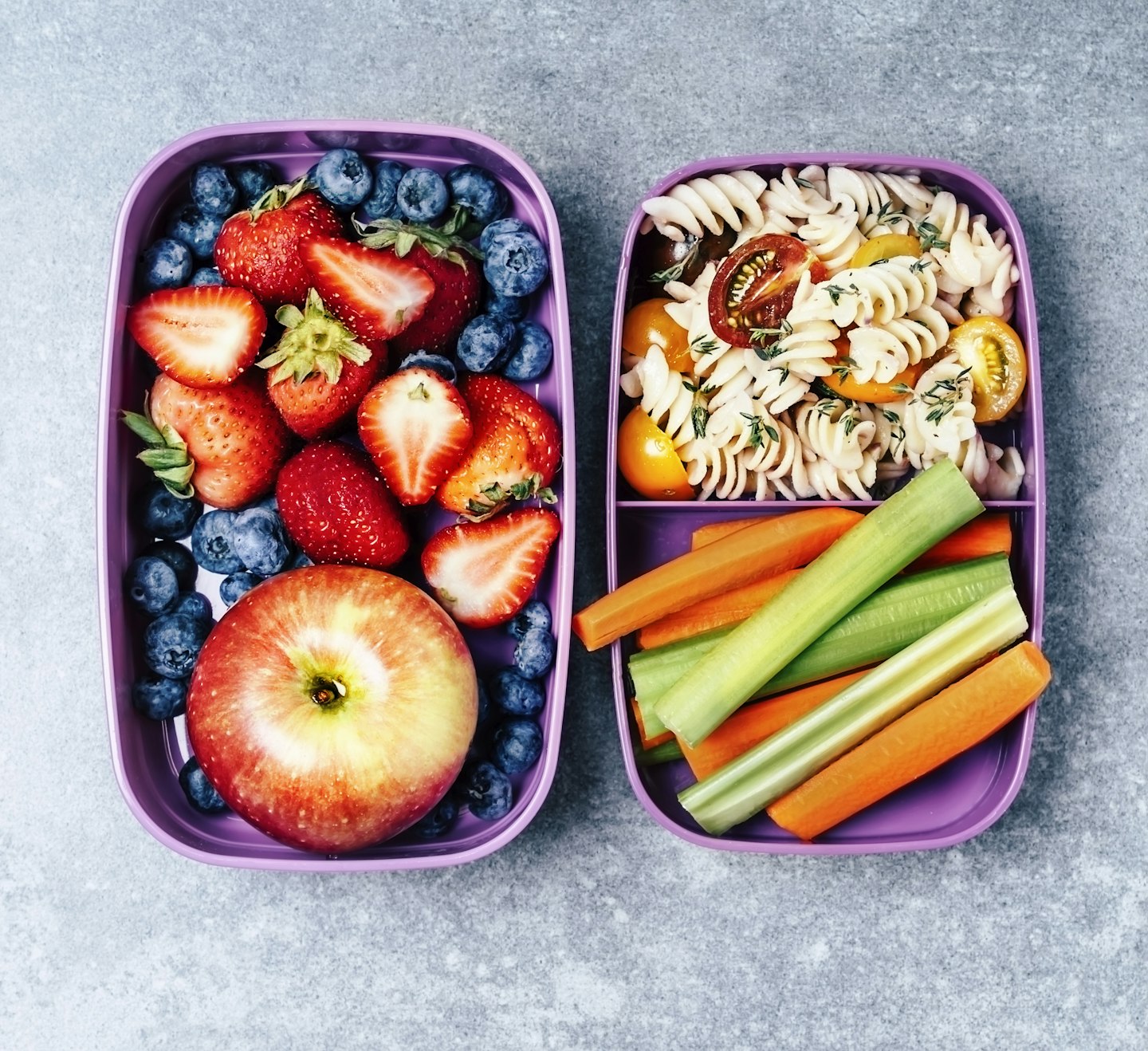 7 of 9
7 of 97) Pack extra snacks
Baby food is not always available to pre-request for a flight. If it is, usually only pureed jars are available so bringing your own food helps, especially if you are delayed. Snacks like bananas have sleep inducing qualities too!
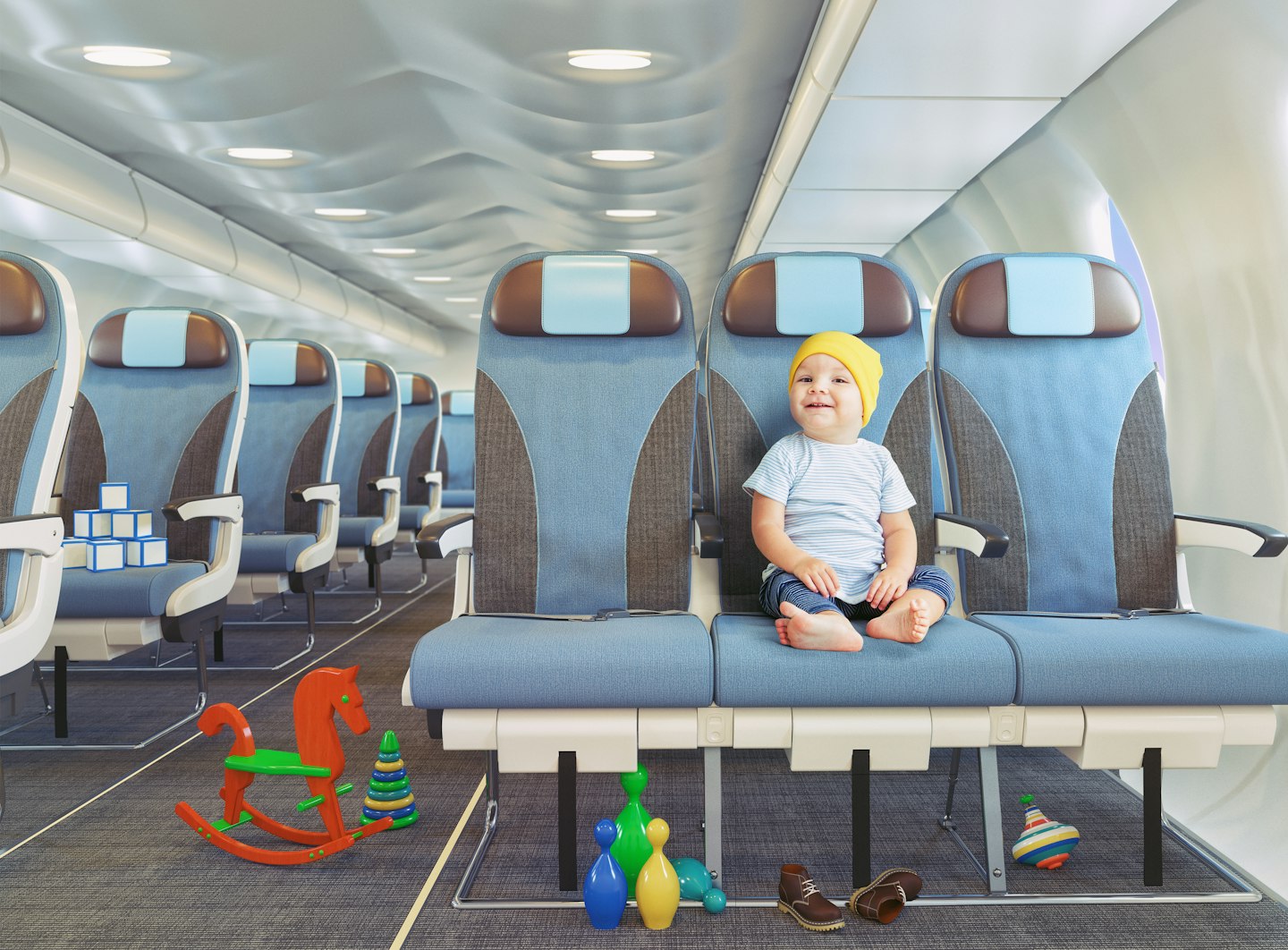 8 of 9
8 of 98) Choose seats carefully
If you have a toddler or older child consider pre-booking the aisle and window seats, leaving a space in one of the middle seats. Single middle seats are always the last to be filled, so if the flight is not fully booked, you could end up with a spare seat for free and can stretch out!
Another option is to book a seat for your baby and use a car seat. Make sure it is airline approved first and be aware that Iso-fix seats are not suitable.
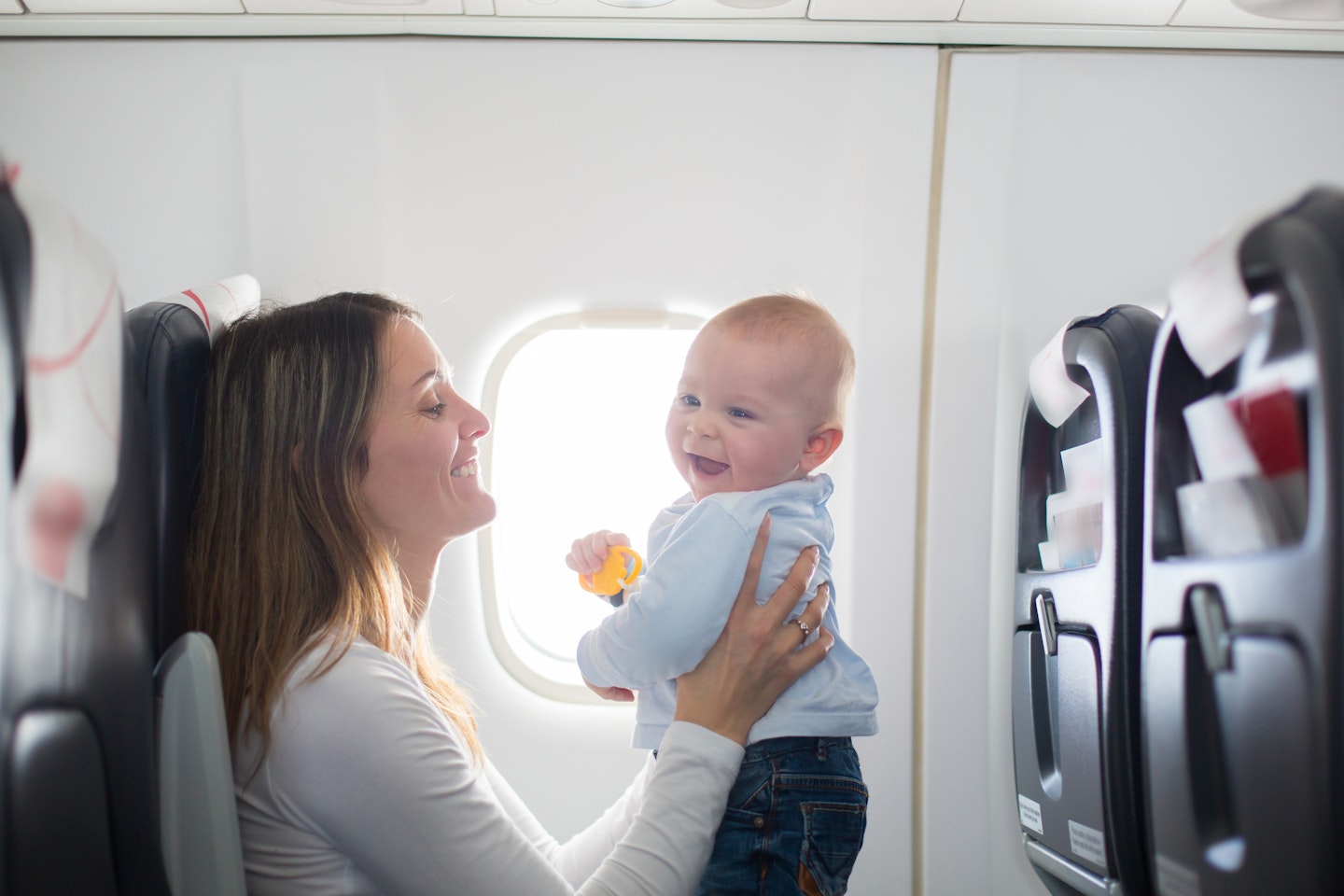 9 of 9
9 of 99) Take it in turns
Consider booking your seats apart so that you can take turns in parental duties whilst the other (hopefully) has some rest.
Now read:
What do you do to encourage your little one to sleep? Let us know on Facebook or Twitter!
Make sure you're following Mother & Baby on Instagram for relatable memes, inspiring stories and parenting hacks!
Join the club! Introducing our brand, spankin’ new Facebook group called #mumtribe. Simply search ‘#mumtribe’ into the search bar and meet like-minded mums, win gorgeous goodies and have some fun!
Have approx 60 seconds to spare? Why not join thousands of mums-to-be and start your very own Amazon baby wish list! They're absolutely free to create and perfect to send to the friends, aunties and your mum to make sure you're getting the baby products you really need...Click here!
